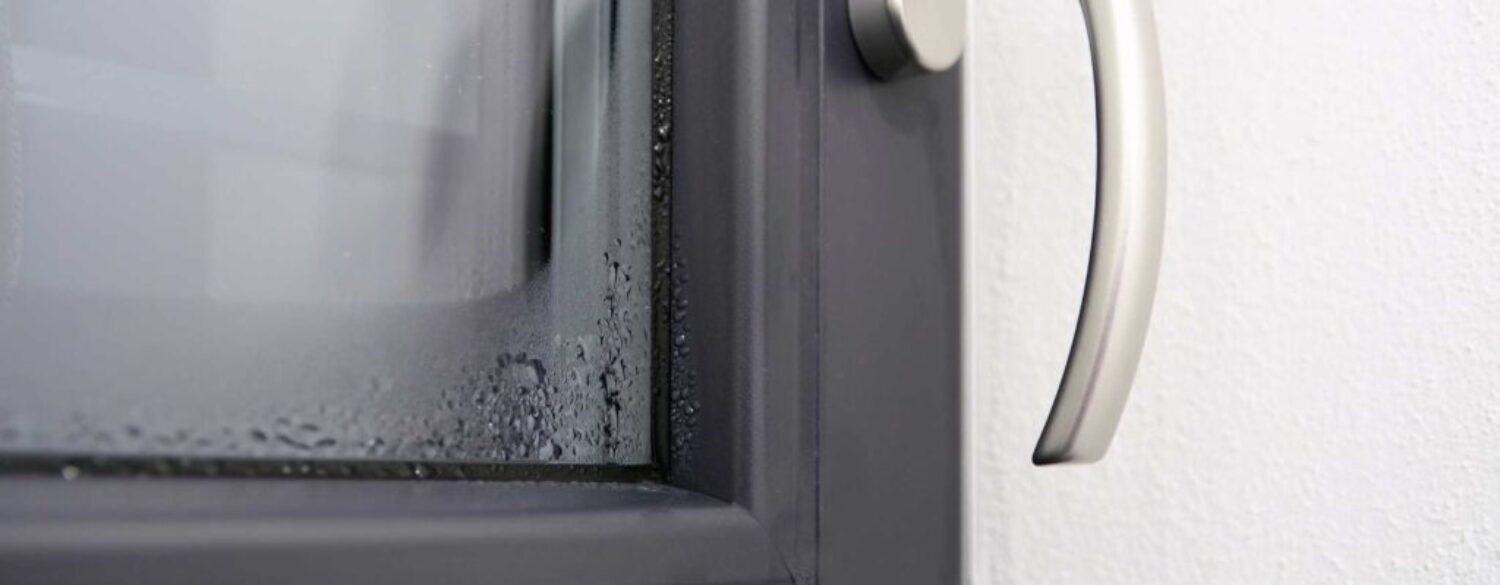Why Humidity is a Problem and What to do About It
Living in a damp climate like the Pacific Northwest can lead to issues around the home, specifically regarding humidity. Humid air inside the home can feel heavy and uncomfortable; in some cases, it can also be unhealthy. While there may be a variety of causes for humidity in the home, there are also accessible solutions that can help, too. Read on for information about what to do when your home is feeling too humid.
What are common causes of humidity in the home?
During hot, muggy summer weather, humidity can enter your home if it’s not properly sealed and if your HVAC system isn’t working properly.
Air leaks caused by open gaps or seams can draw humidity inside. And an HVAC system that is outdated or incorrectly sized can also lead to a humid-feeling home. A good choice for high-humidity is an air-source heat pump, which transfers heat from inside your home to the outside.
Another common cause of humidity in the home can be using appliances for cooking, drying clothes, washing dishes, or taking showers. These activities add more moisture to the air and can make it uncomfortable inside, especially when it’s humid outside, too. Make sure your dryer’s discharge pump is connected properly to the back of the dryer and that it’s depositing air outside.
Plumbing leaks, moisture from soil under your home, and poor insulation can also cause humidity in the home.
Why is humidity in the home a problem?
Excess humidity in the home may lead to electrical issues, mold and mildew growth, and musty odors.
If the humidity in your home gets to 50% or higher, it may cause corroded wires and condensation – two things you do not want interfering with your electrical system.
High humidity over 60% may damage wallpaper, furniture, brickwork, and floors. It can also encourage mold and mildew growth, which may exacerbate allergies or other respiratory issues.
How can I decrease humidity in the home?
Many homeowners will respond to humidity in the home by purchasing a dehumidifier (or several, depending on the size of the home). But this is only a temporary fix.
You may want to consider either upgrading your HVAC system, or getting it correctly sized to your home. When a large A/C works to cool a small space, it tends to short-cycle (only running for a few minutes), before it shuts down, so it can’t keep up with the humidity building up outside. Homes usually need longer run-times – not extra-large air conditioning units – to keep living spaces cool and dry.
You can also try increasing ventilation in high-humidity areas like kitchens, bathrooms, and laundry rooms. Install an exhaust fan in these areas and open up windows when possible to circulate some fresh air.
Should I get a dehumidifier?
Getting a dehumidifier is often a first impulse of many homeowners who are struggling with humidity in the home. A dehumidifier can remove excess moisture from the air, and the amount of time you run it depends on the size of your home. However, portable dehumidifiers are only a temporary solution, and you will have to dump out the water it collects and clean it to prevent mold and mildew growth inside the appliance.
The best long-term solution is to get your insulation inspected to ensure it’s working optimally, and to check your doors and windows to see that they’re properly sealed.
If you’re wondering whether or not your home is prepared for a hot and humid summer, contact South Sound Inspections for more information.



